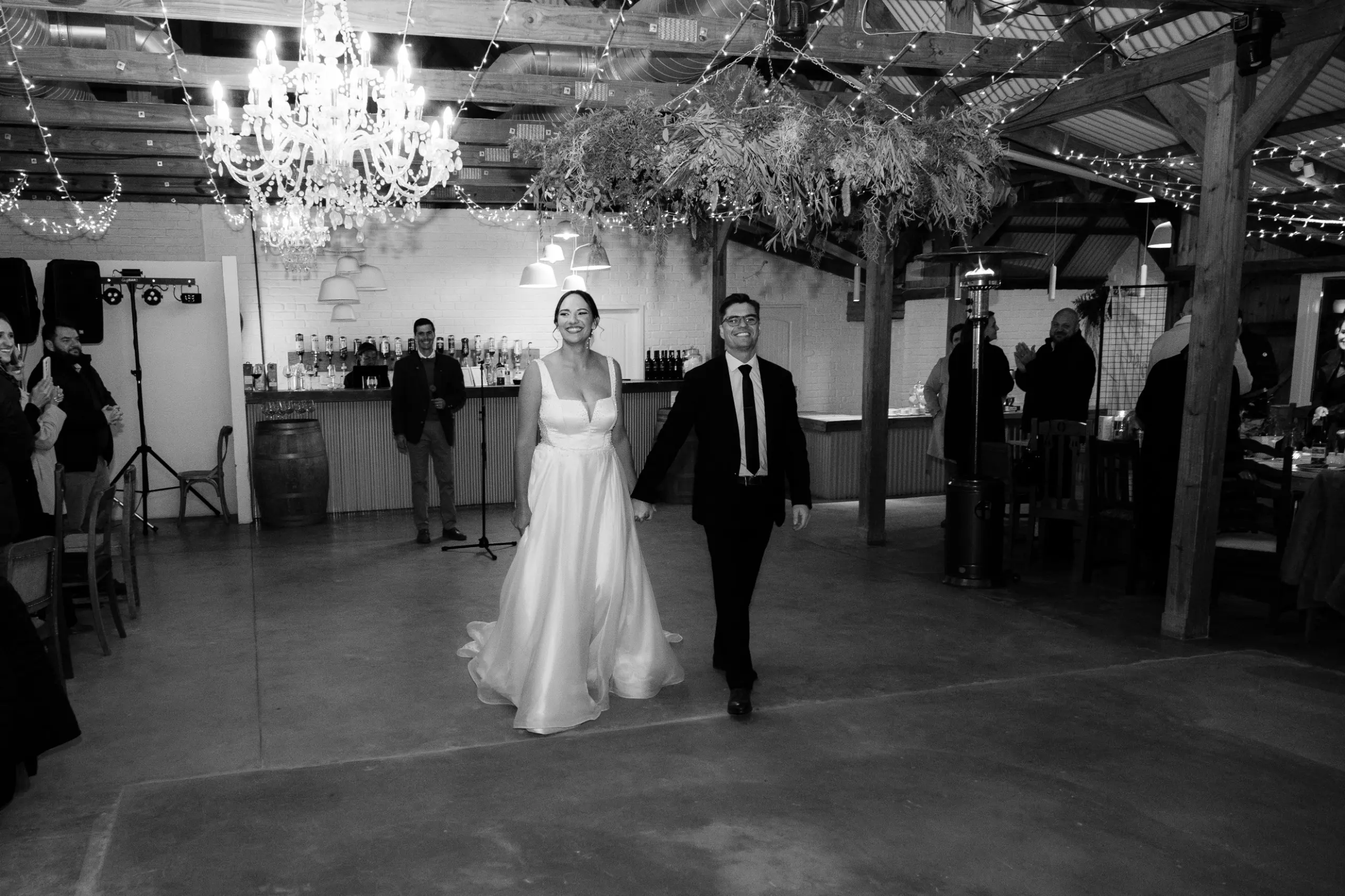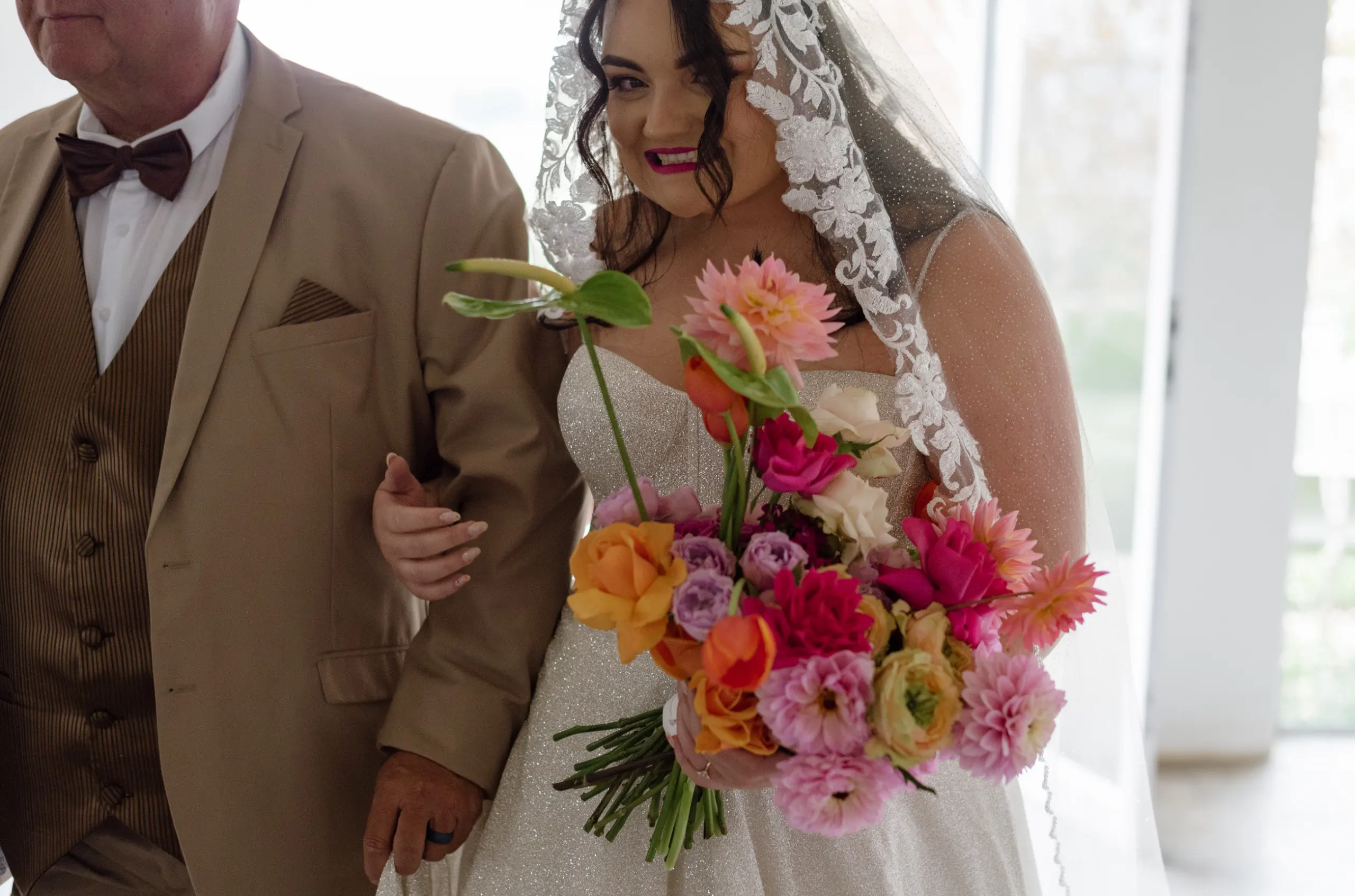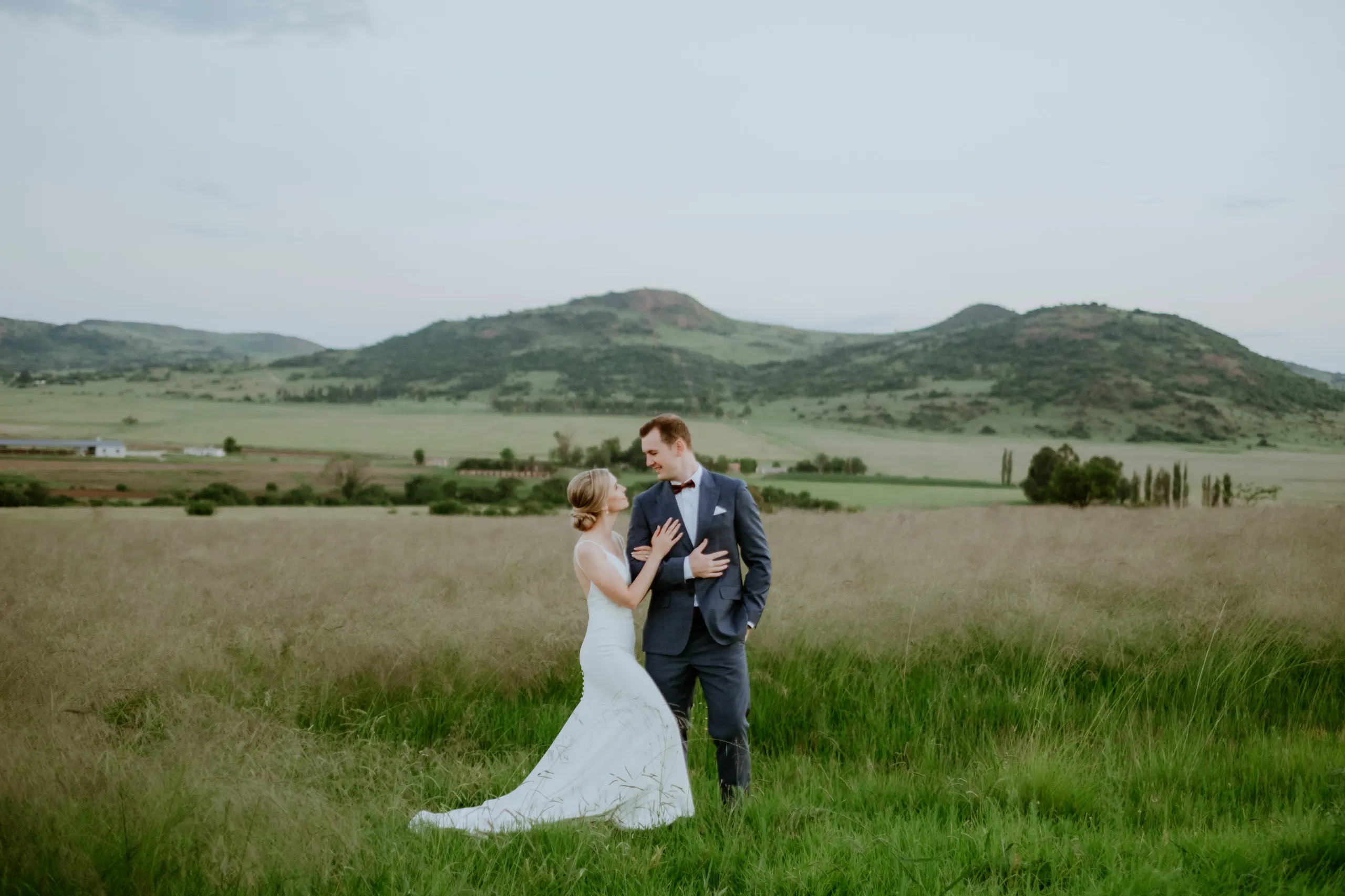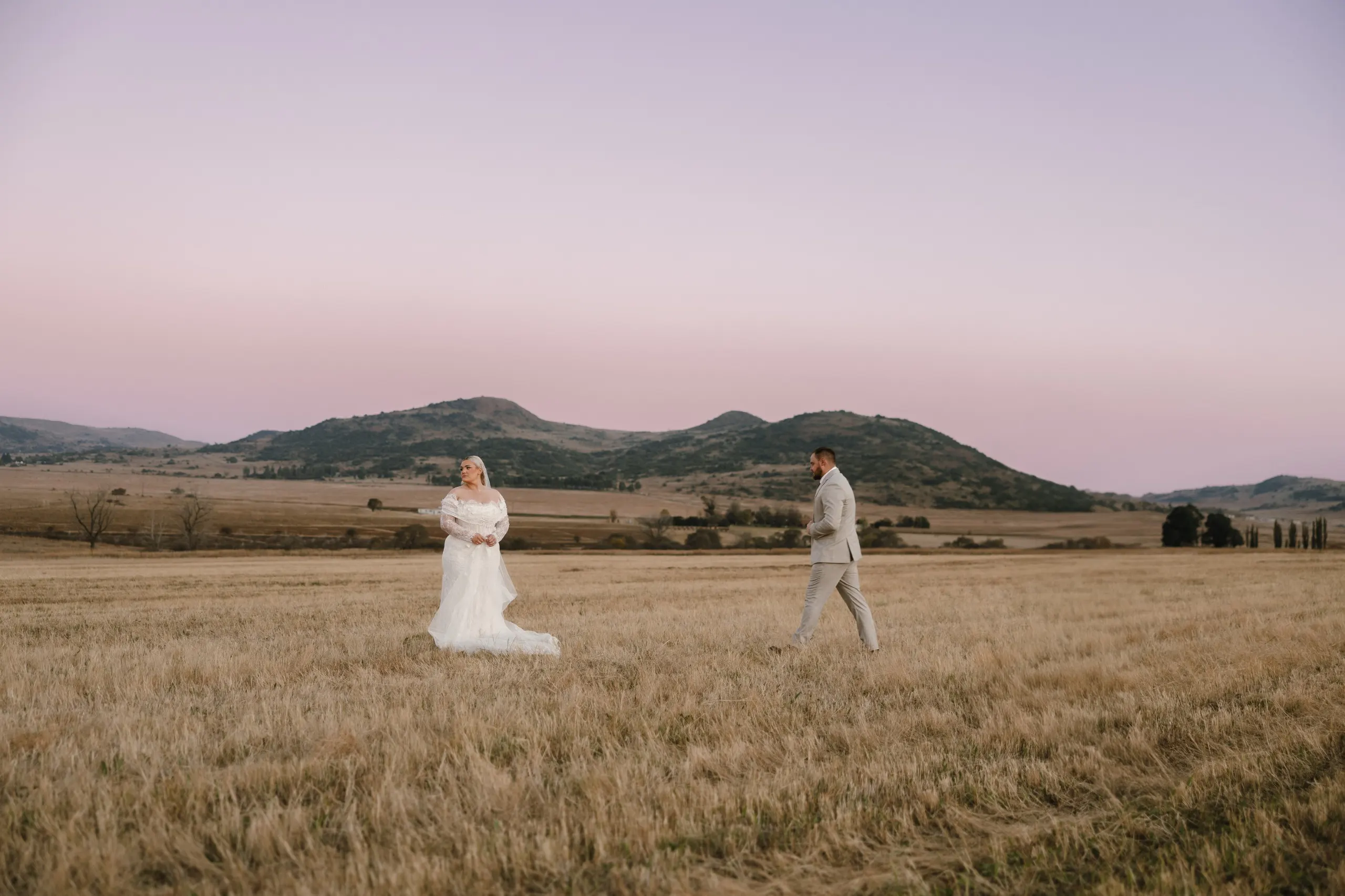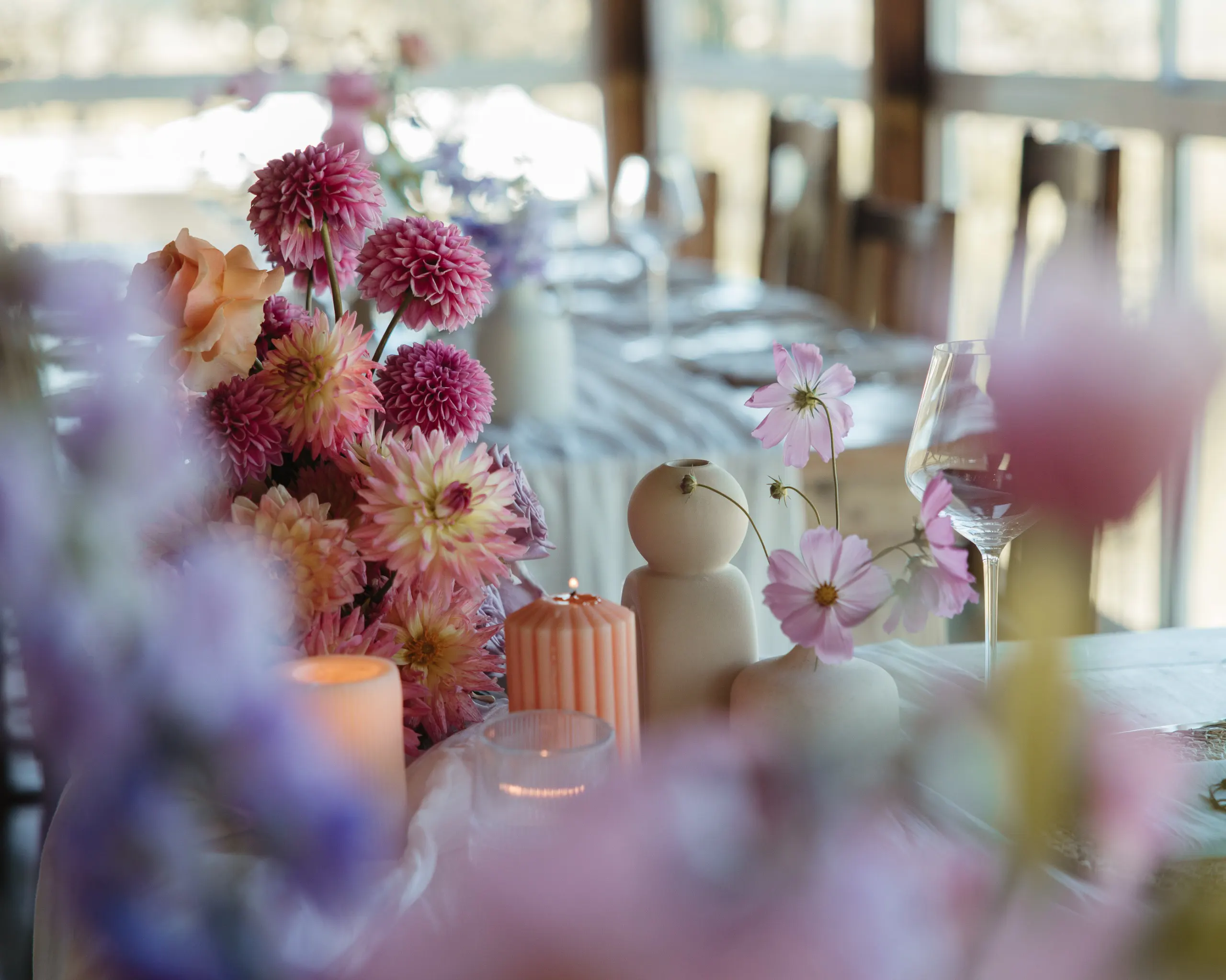How to talk to your parents about contributing to your wedding

Let’s be honest, wedding planning also comes with one of the most delicate conversations you may ever have: money.
For many couples, the question isn’t “Do we want to get married here?” but rather “How on earth do we pay for it?” And often, that means wondering if, and how, parents might help.
Here’s a guide to navigating that conversation with clarity, gratitude, and confidence.
Why money feels so scary to talk about
Conversations about money often carry fear and stress, not because money itself is heavy, but because of the meaning we attach to it. For many couples and parents, money represents values, priorities, and sometimes even pride. Discussing contributions can leave us feeling vulnerable: couples may worry about seeming like they’re asking for too much, while parents may want to give more than they realistically can afford. It’s this emotional layer, not the numbers themselves, that makes the topic feel daunting. When you approach it openly, with clarity and gratitude, you strip away the tension and create space for support rather than silence.
What it looked like in the past
Traditionally, in Western culture, in South Africa, it was often the bride’s family who covered the majority of the wedding costs. This was rooted in old customs, where a wedding was seen as a symbolic “transfer” from the bride’s family to the groom’s family. The groom’s side might have covered certain aspects, but the bulk was on the bride’s parents.
Fast-forward a few decades, and while those traditions linger in some families, the landscape has shifted dramatically.
The modern-day trend
Today, most couples are choosing to finance their own weddings, with parents contributing where and how they can. Sometimes it’s a specific portion, like covering the bar, the flowers, or the photographer. Other times, parents give a set financial gift, and the couple decides how to allocate it.
This shift reflects something beautiful: weddings are now less about tradition and more about authenticity. Couples creating celebrations that reflect their story.
It also means that engaged couples have more freedom in decision-making.
How to start the conversation with parents
- Get Clear
Sit down with your partner and discuss your vision and priorities. What matters most to you? Is it food, photography, or live music? What’s your realistic budget? - Lead With Gratitude
Remember: any contribution is a gift, not an obligation. Start by saying how much their presence and support mean before you talk about finances. - Be Specific, But Flexible
Instead of “Can you help with the wedding?” try:- “The catering is Rxx, would you like to contribute toward that?”
- “Would you prefer to help with a set amount, or cover something specific like the flowers?”
- Talk About Expectations Too
Sometimes financial help comes with strings attached, like adding more guests. Be gentle but clear about your boundaries.
Financial options beyond parents
Even with parental contributions, weddings are a large investment. Here are a few ways couples are financing them today:
- Personal Savings
The most straightforward (and stress-free) option. Couples often start putting money aside from the moment they get engaged. - Monthly Wedding Fund
Treat your wedding like a subscription: decide on a monthly contribution into a dedicated account until the big day. - Parental Contributions
Often smaller and spread out, like covering florals, paying for attire, or contributing a set amount toward catering. - Bridging Finance / Personal Loans
Some couples choose small loans to cover gaps, but these should be handled carefully. A wedding is a one-day event, but debt can last far longer. - Creative Budgeting
Choosing a Sunday, public holiday, or winter date can save tens of thousands. A smaller guest list makes every part of the budget more manageable.
The Golden Rule
The way you pay for your wedding doesn’t define the beauty of your day.
What matters most is that the celebration reflects your love story.
And remember: the wedding is just the beginning. The real investment is in your marriage.

